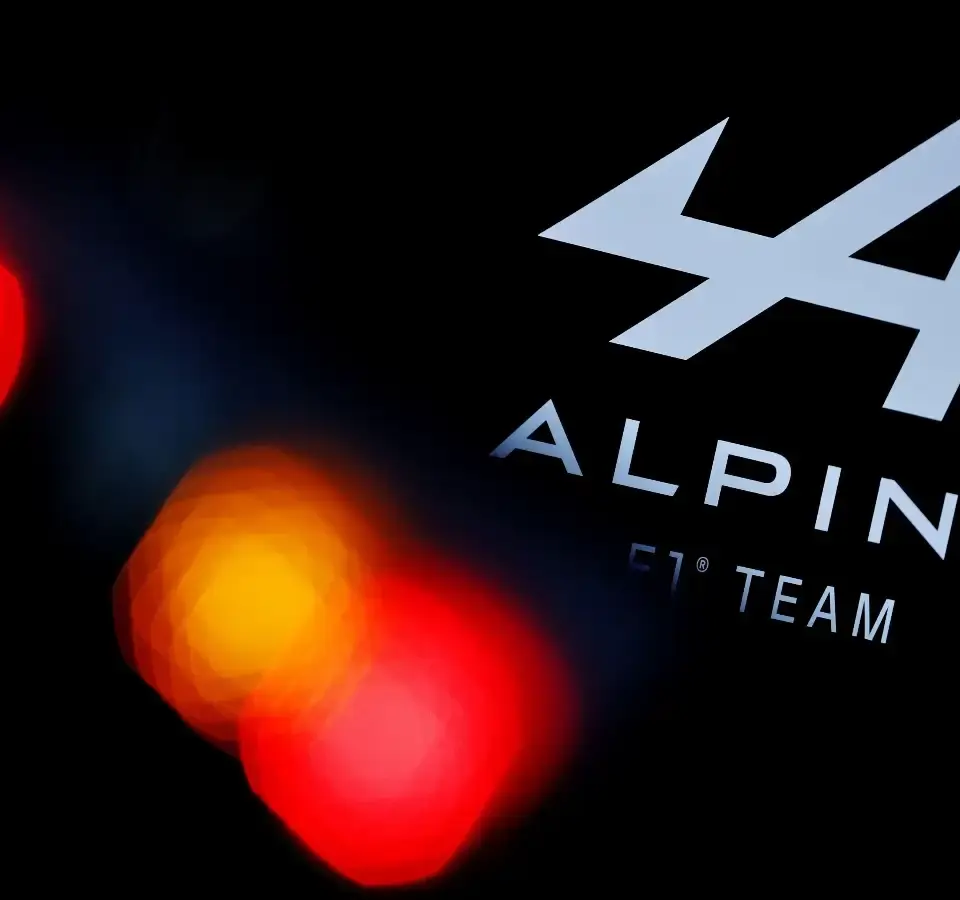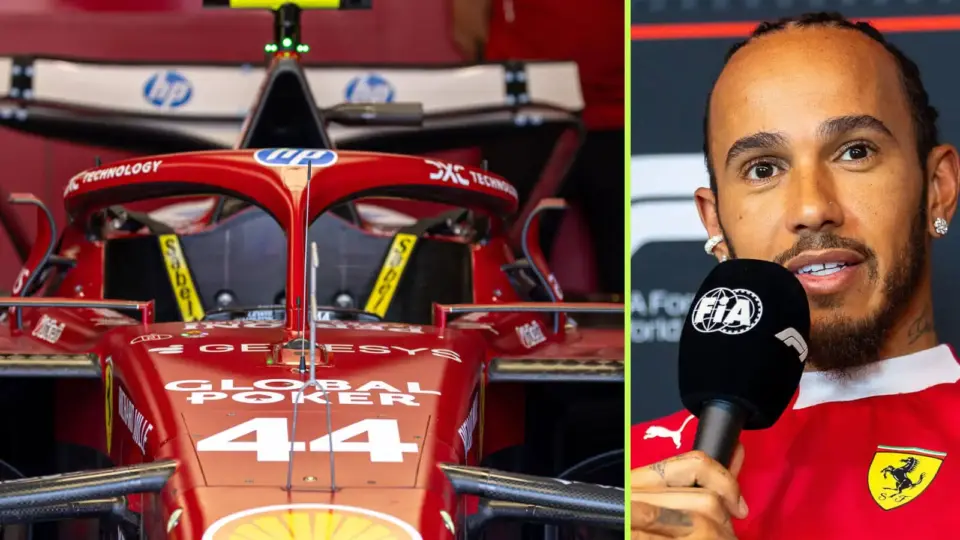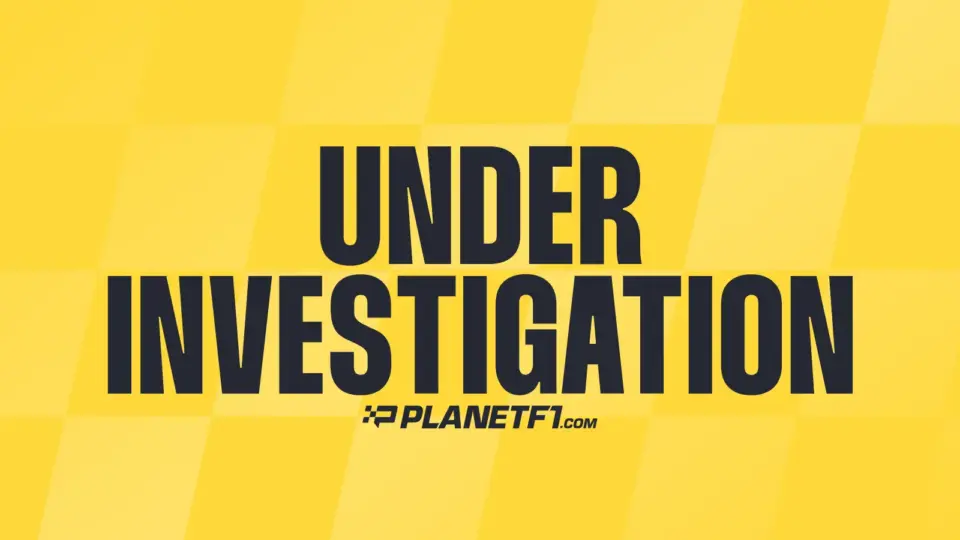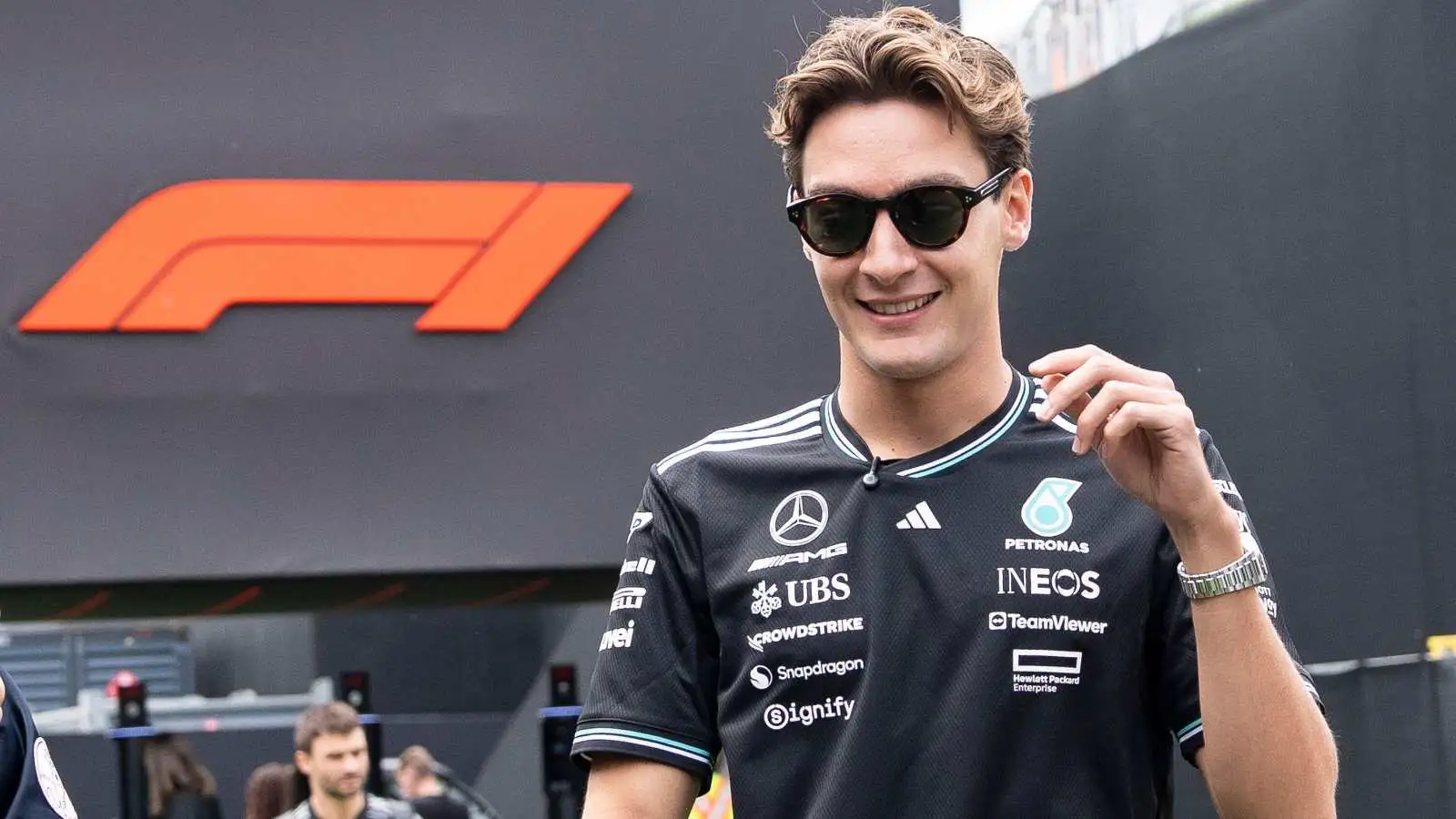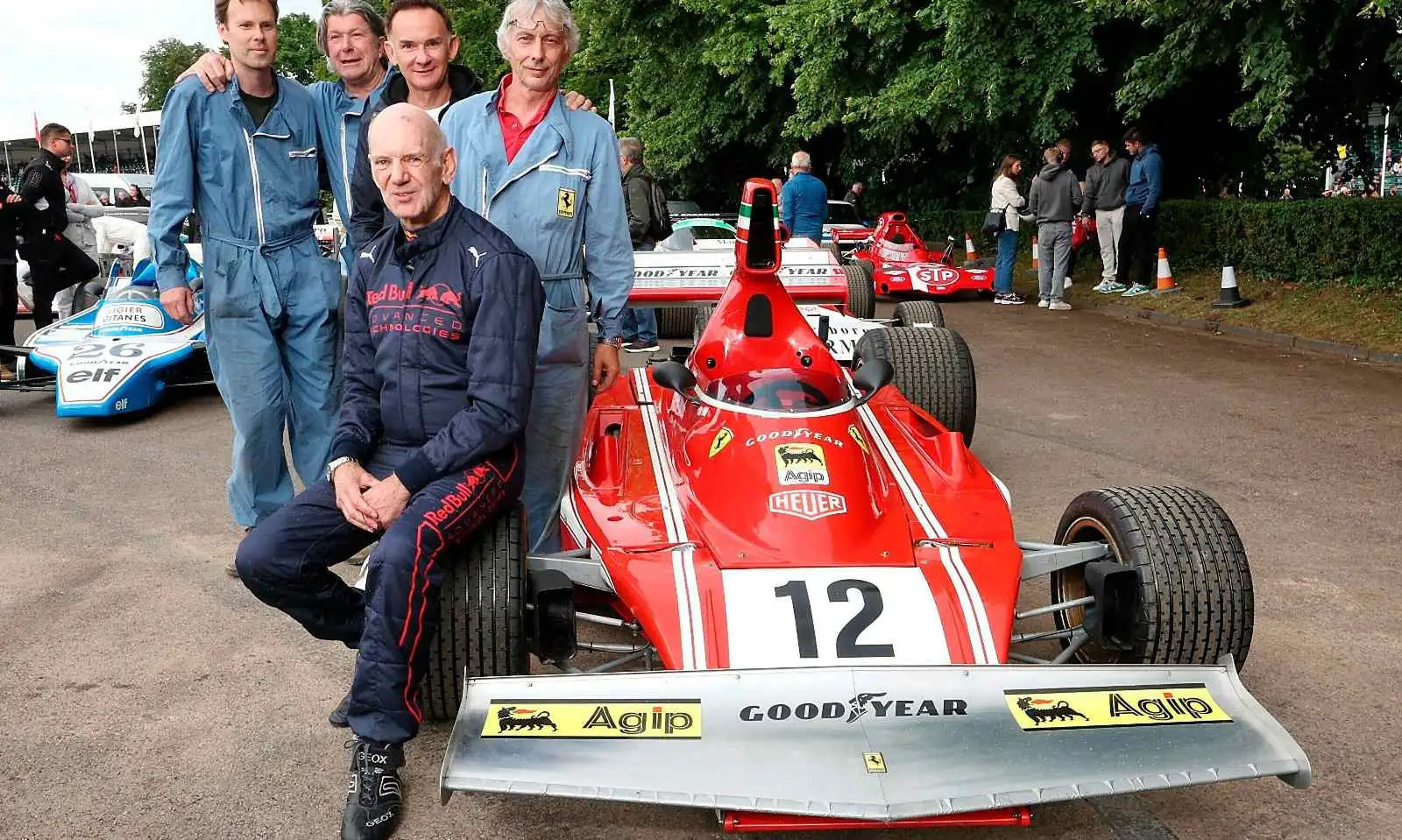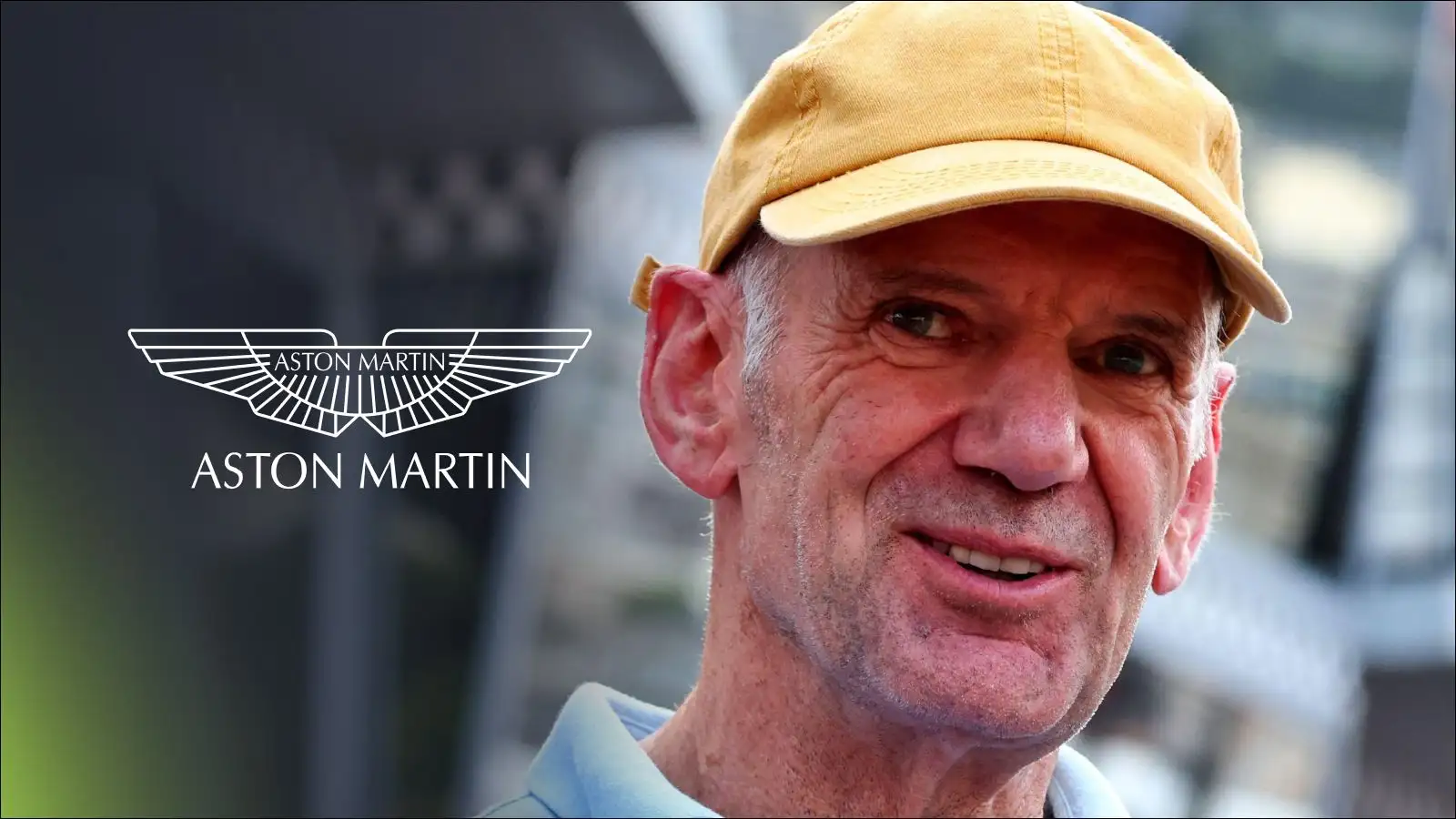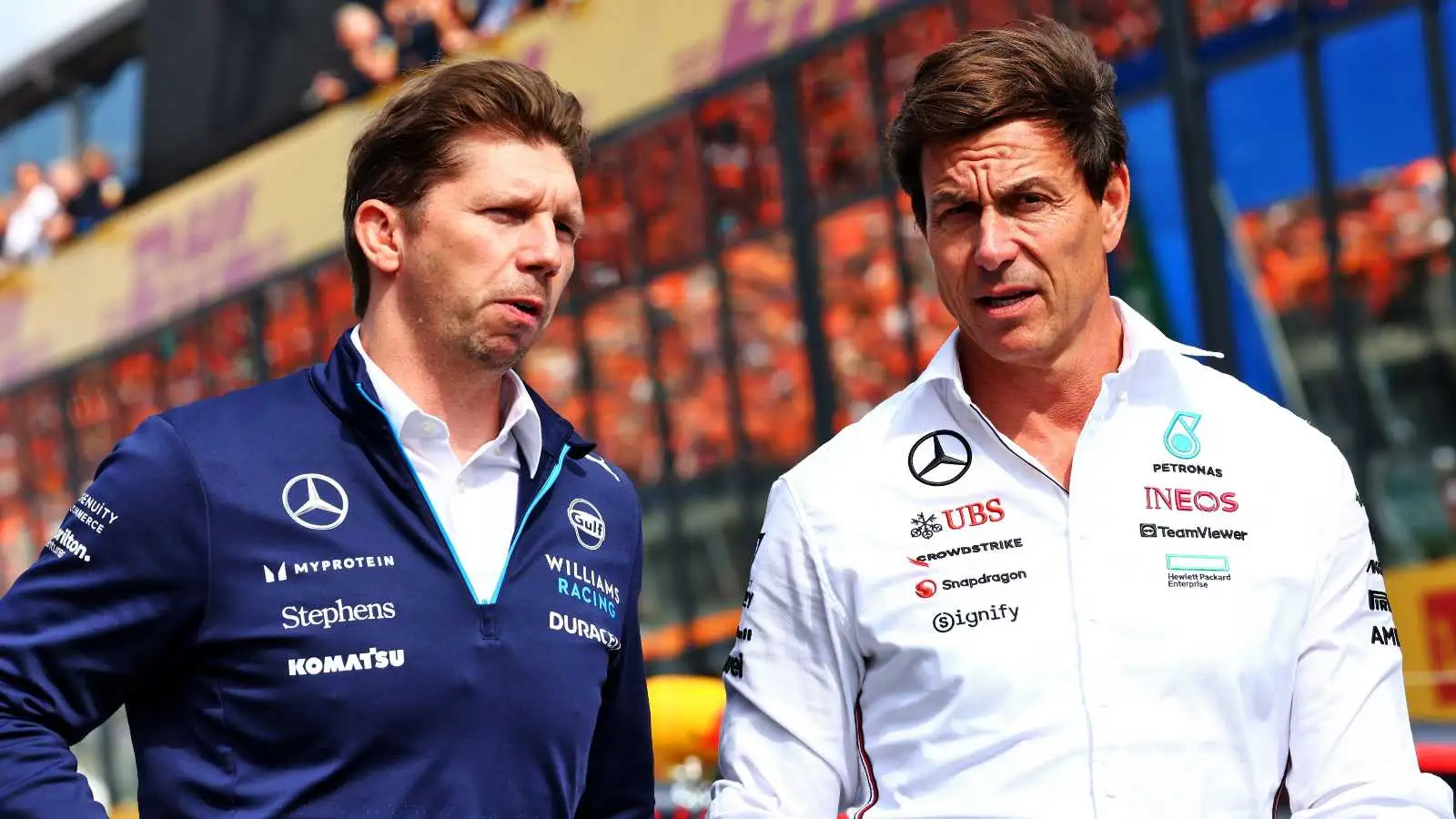The Alpine Formula 1 team is facing yet another shake-up with the sudden resignation of Renault Group’s CEO, Luca de Meo. This unexpected announcement has left the team in a state of flux during an already challenging season. Many in the motorsport world are now left wondering what this means for Alpine’s future in F1.
Renault Group, the owner of Alpine F1, is undergoing significant changes with the departure of its CEO. Luca de Meo, who has been at the helm for five years, is stepping down to pursue new opportunities. As the team grapples with these changes, the racing community keenly watches for how this will affect Alpine’s trajectory in Formula 1.
A New Chapter for Luca de Meo
Renault Group CEO Luca de Meo has decided to leave his position, citing a desire for new challenges beyond the automotive industry. This marks the end of a five-year tenure during which he played a crucial role in revitalizing the company. De Meo was instrumental in Renault’s strategic turnaround post-2018 financial struggles.
Appointed during a turbulent time for Renault, following the arrest of former CEO Carlos Ghosn, De Meo focused on restructuring the company. Under his guidance, Renault launched the ‘Renaulution’ plan, which emphasized innovation and profitability. This strategy brought financial stability to the group by 2023 and positioned it well in a competitive market.
Alpine F1 Team’s Ongoing Transition
The Alpine F1 team, owned by Renault Group, has seen a series of leadership changes in recent years. CEO Luca de Meo’s departure is the latest in a line of significant shifts within the team. These changes come at a critical time as Alpine seeks to assert itself more firmly on the F1 grid.
Earlier in 2025, team principal Oliver Oakes resigned amid personal turmoil, sparking further restructuring within the team. Flavio Briatore stepped in as executive advisor, while Dave Greenwood took over many of Oakes’ duties. These organizational changes aim to stabilize the team amid continuous challenges.
Alpine’s hunt for stability is crucial during this period of upheaval. The team is currently under pressure to improve its performance. With key changes in leadership, including the exit of De Meo, the focus is now on steering Alpine back on track in the hyper-competitive F1 environment.
Renault’s Strategic ‘Renaulution’
Luca de Meo’s tenure is marked by the introduction of the ‘Renaulution’ plan, aimed at transforming Renault’s business model. This strategic move consisted of three phases: Resurrection, Renovation, and Revolution, designed to overhaul company operations.
Renault streamlined its vehicle lineup to prioritize innovation over sheer sales volume. This new direction helped Renault regain financial health, with a focus on producing cutting-edge, profitable vehicles that catered to modern consumer demands. By 2023, these efforts had resulted in a notable turnaround for the company.
The ‘Renaulution’ plan not only targeted Renault’s automobile division but also impacted its motorsports ventures, notably Alpine. By aligning their business strategies with performance goals, Renault aimed to boost Alpine’s competitiveness in F1. De Meo’s resignation raises questions about sustained progress in this endeavor.
Turmoil Leading to Leadership Shifts
The period of instability within Renault, marked by the arrest of former CEO Ghosn, set the stage for significant leadership overhaul. Thierry Bolloré’s firing as Renault COO was perceived as the beginning of a strategic shift led by board chairman Jean-Dominique Senard.
Luca de Meo was seen as a stabilizing force during his tenure, providing leadership amid past controversies. However, his sudden departure has reopened discussions on the company’s future direction. His impact remains a focal point as Renault looks to maintain the momentum he initiated.
Moving forward, Renault’s ability to cope with leadership changes while pursuing its strategic vision is critical. The company must reassure stakeholders of a smooth transition and continue to build on the foundation laid by de Meo’s transformative efforts.
Impact on Alpine’s Racing Strategy
Alpine’s racing strategy is intricately tied to Renault’s overall company direction. Luca de Meo’s efforts in streamlining operations were aligned with Alpine’s ambitions to become a formidable force on the grid. His exit leaves a gap in leadership with potential implications for the team’s future strategy.
With leadership changes at the top, Alpine must navigate these turbulent waters carefully. Stability is key to ensuring that their racing objectives are not derailed amidst executive upheavals. The outcome of this transition period will significantly influence Alpine’s competitive standing.
The Formula 1 team must leverage this period to reassess its long-term goals and align them with leadership’s vision. Engaging in strategic partnerships and maintaining technical competitiveness will be essential for Alpine during this critical phase.
Future Prospects and Concerns for Renault
Luca de Meo’s departure raises questions about Renault’s future prospects and the potential for continuity in its business strategies. Ensuring a seamless transition in leadership is critical for maintaining investor confidence and market stability.
Renault faces the challenge of assuring its stakeholders that the momentum built over the past five years will continue. The company needs to address these issues promptly while continuing to innovate and match the dynamic market demands faced by the automotive industry.
Moreover, Renault must also place emphasis on sustaining its global competitiveness. As the automotive landscape evolves, meeting these challenges requires a steadfast focus on advancing technological solutions and expanding market reach.
Eyes on Alpine’s Next Moves
The spotlight is firmly on Alpine F1 team as it strategizes its next steps post-De Meo. The team is in a delicate position, balancing the need for immediate operational stability with long-term performance aspirations.
In the face of leadership changes and pressures within the competitive F1 scene, Alpine’s decisions in the coming months will be pivotal. These choices will determine how the team navigates new challenges and capitalizes on emerging opportunities in the sport.
Meanwhile, Alpine’s leadership needs to ensure that the team continues to innovate and adapt strategically. Focusing on driver development, investing in tech advancements, and embracing collaboration could offer pathways to success.
Renault Group and Alpine F1 face a critical period following Luca de Meo’s surprising resignation. His leadership has been pivotal in recent successes, and his exit leaves a significant gap. The future path for both Renault and Alpine is now under scrutiny as they navigate through this transition, aiming to sustain growth and competitiveness.
The racing and automotive industries are eager to see how these changes unfold within Renault Group. Alpine’s performance on the F1 track will serve as a barometer for how well the team adapts to new leadership and challenges. The stability and strategic direction set in the coming months will be key to their long-term success.
